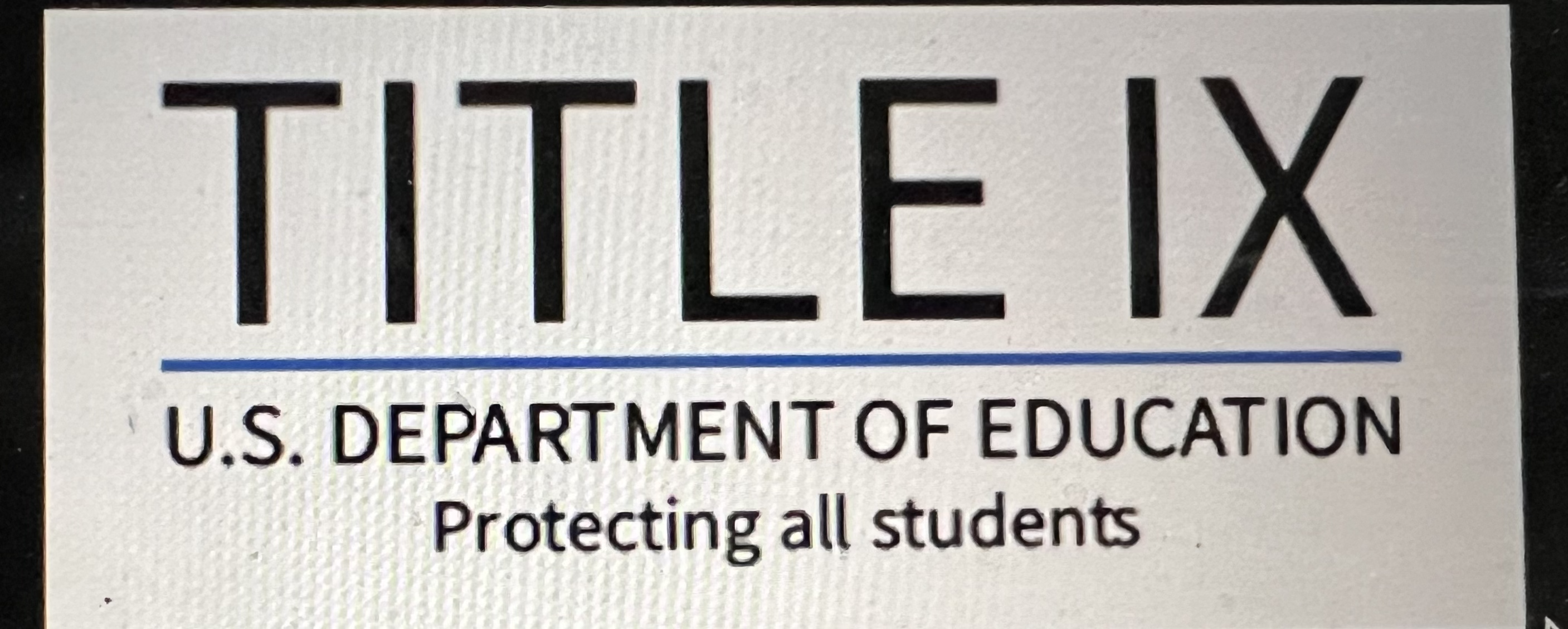I. How Does a Case Get to Law Enforcement? The National Center for Missing and Exploited Children (NCMEC) CyberTipline is a centralized reporting system for the online exploitation of children. Facebook/Meta, Google, Instagram, Snapchat, Yahoo, Microsoft, X, etc are required to report suspected CSAM detected on their platforms. These providers make reports of suspected online…
Continue reading ›Boutique Law Firm Based in Atlanta









